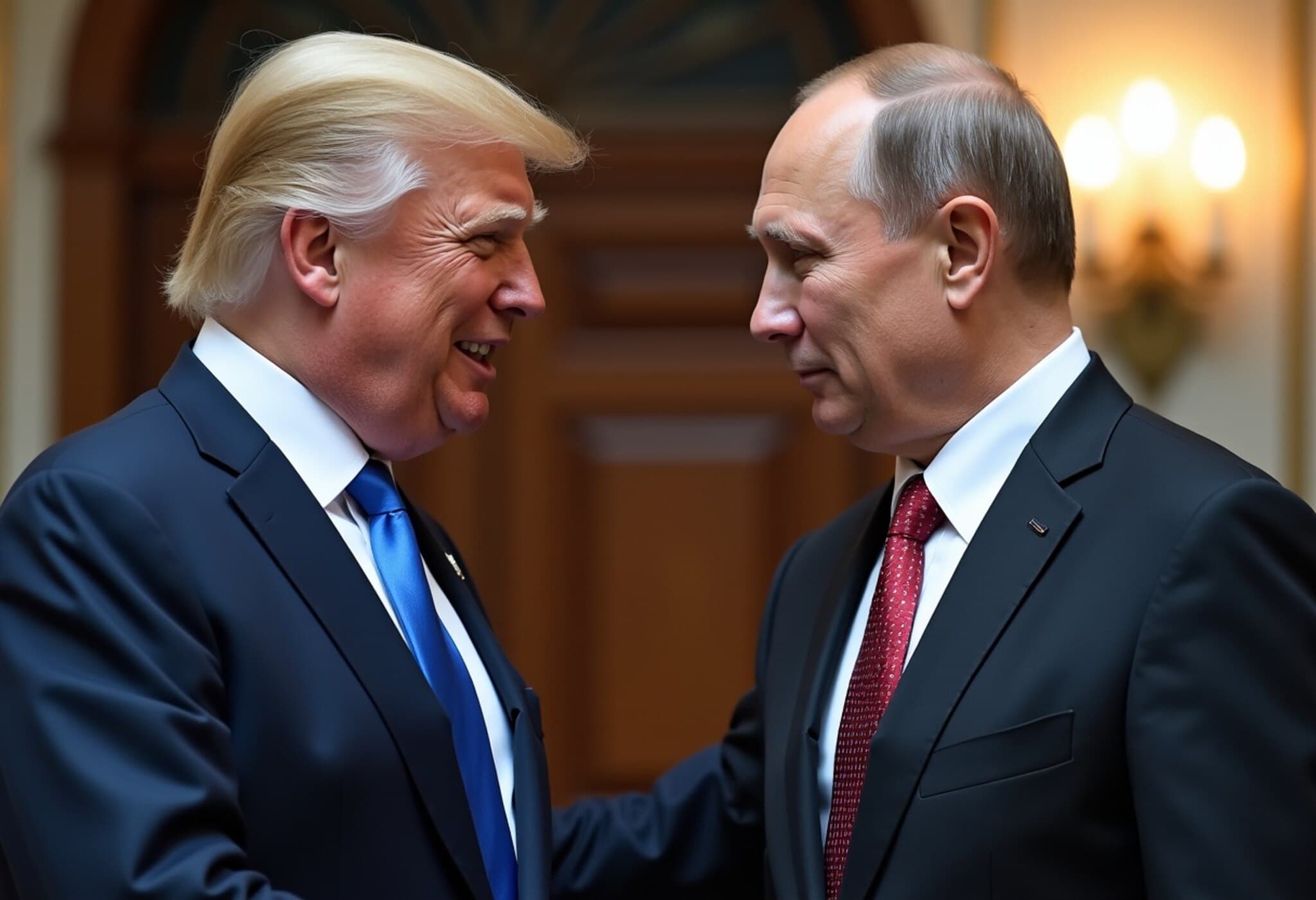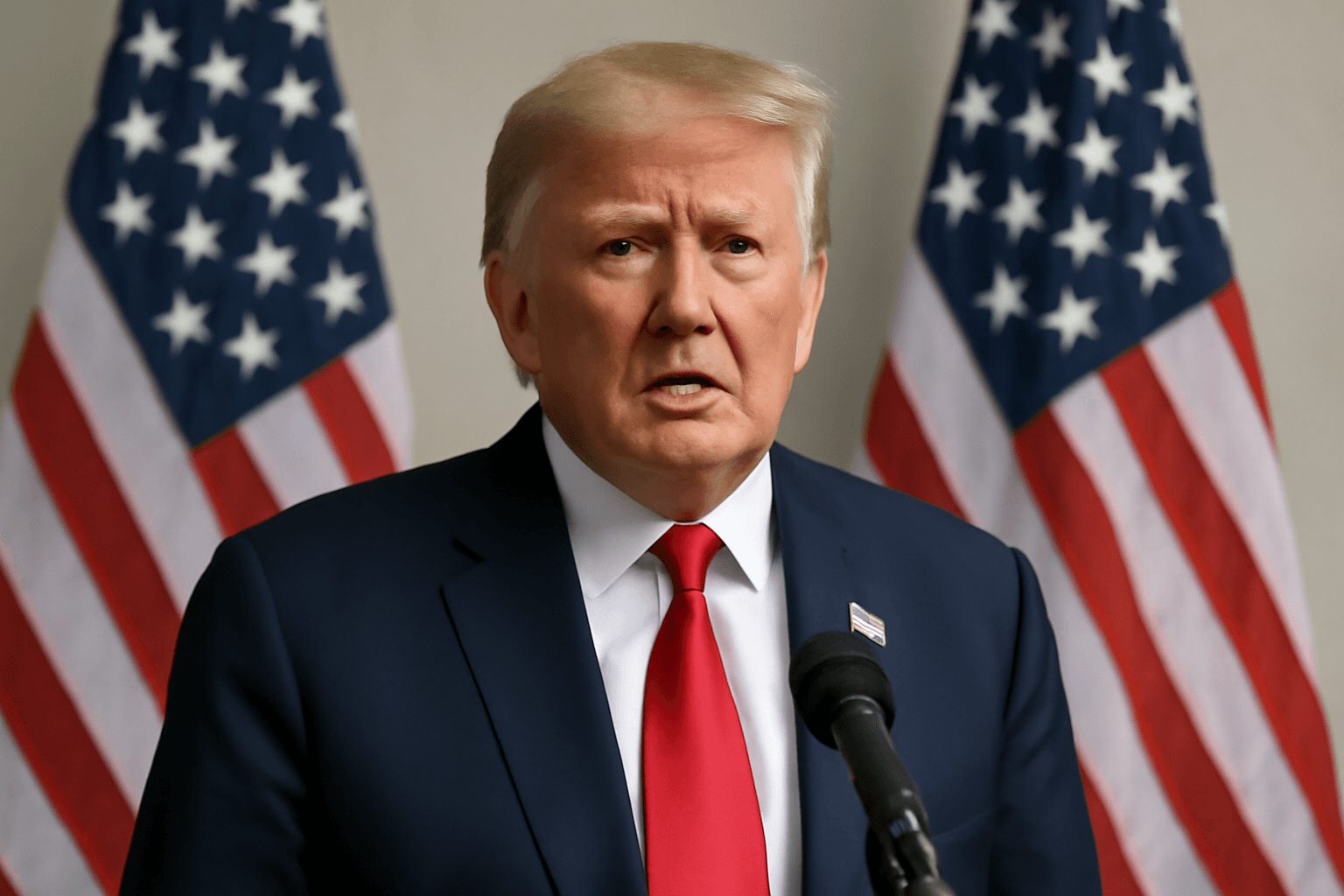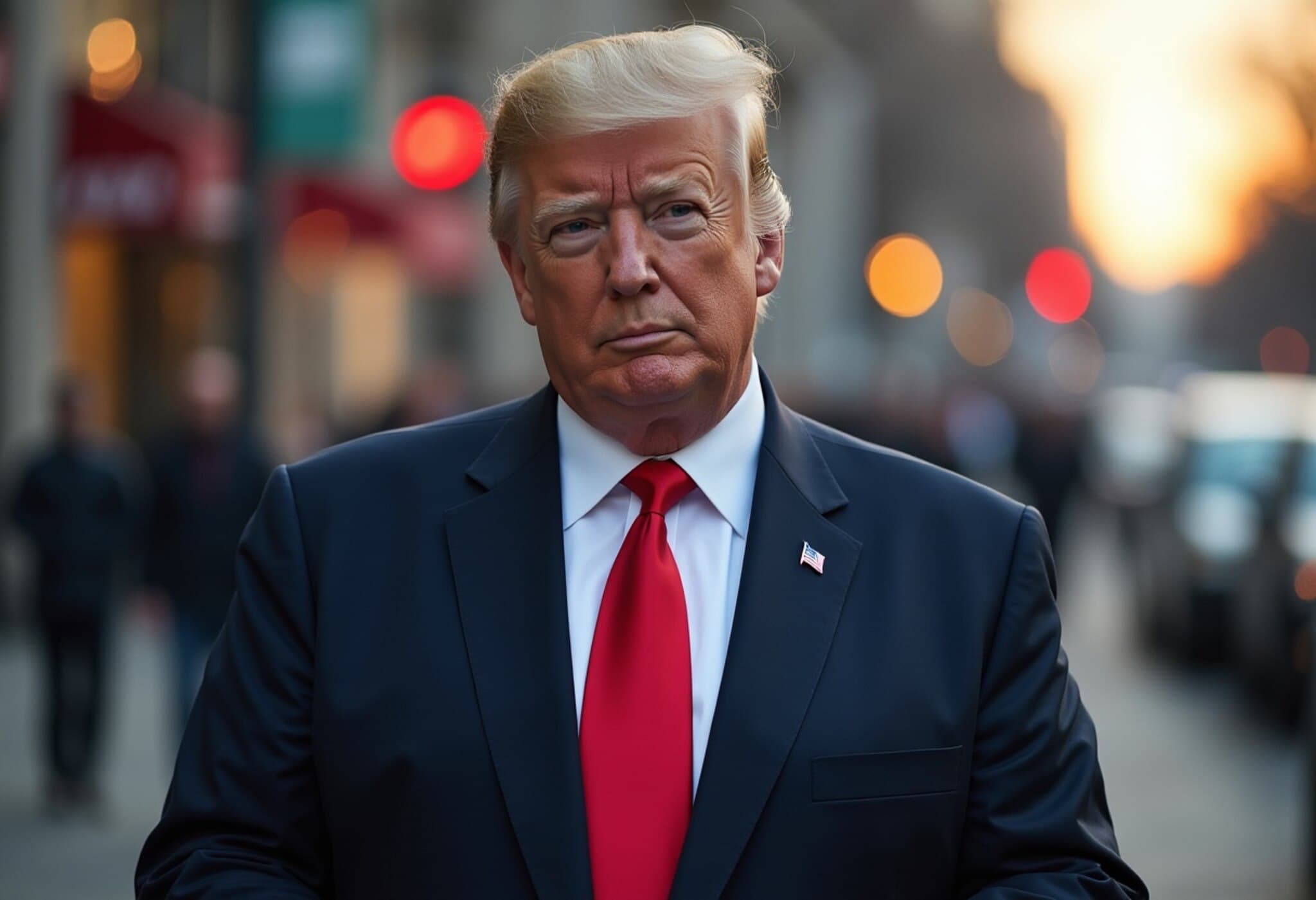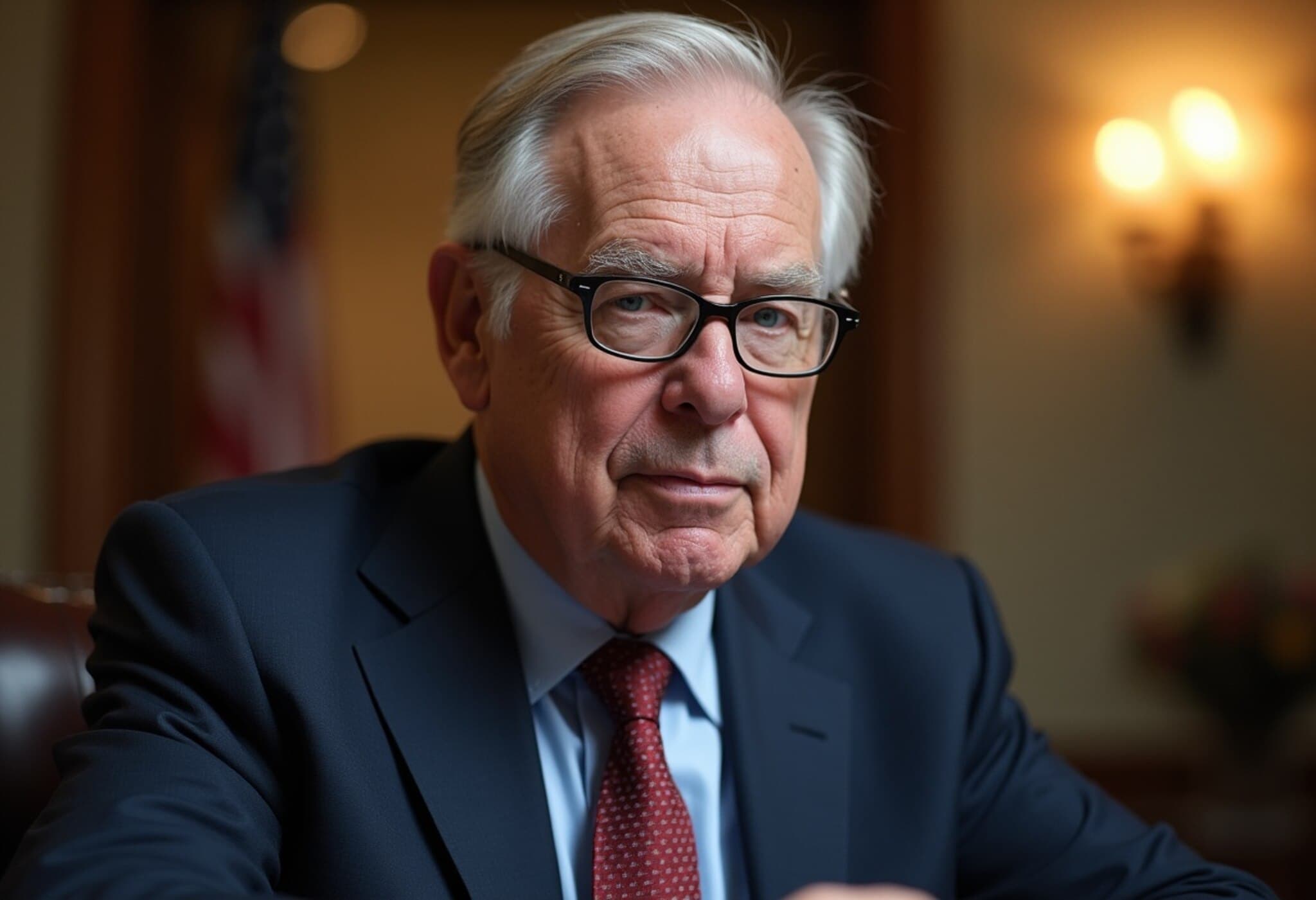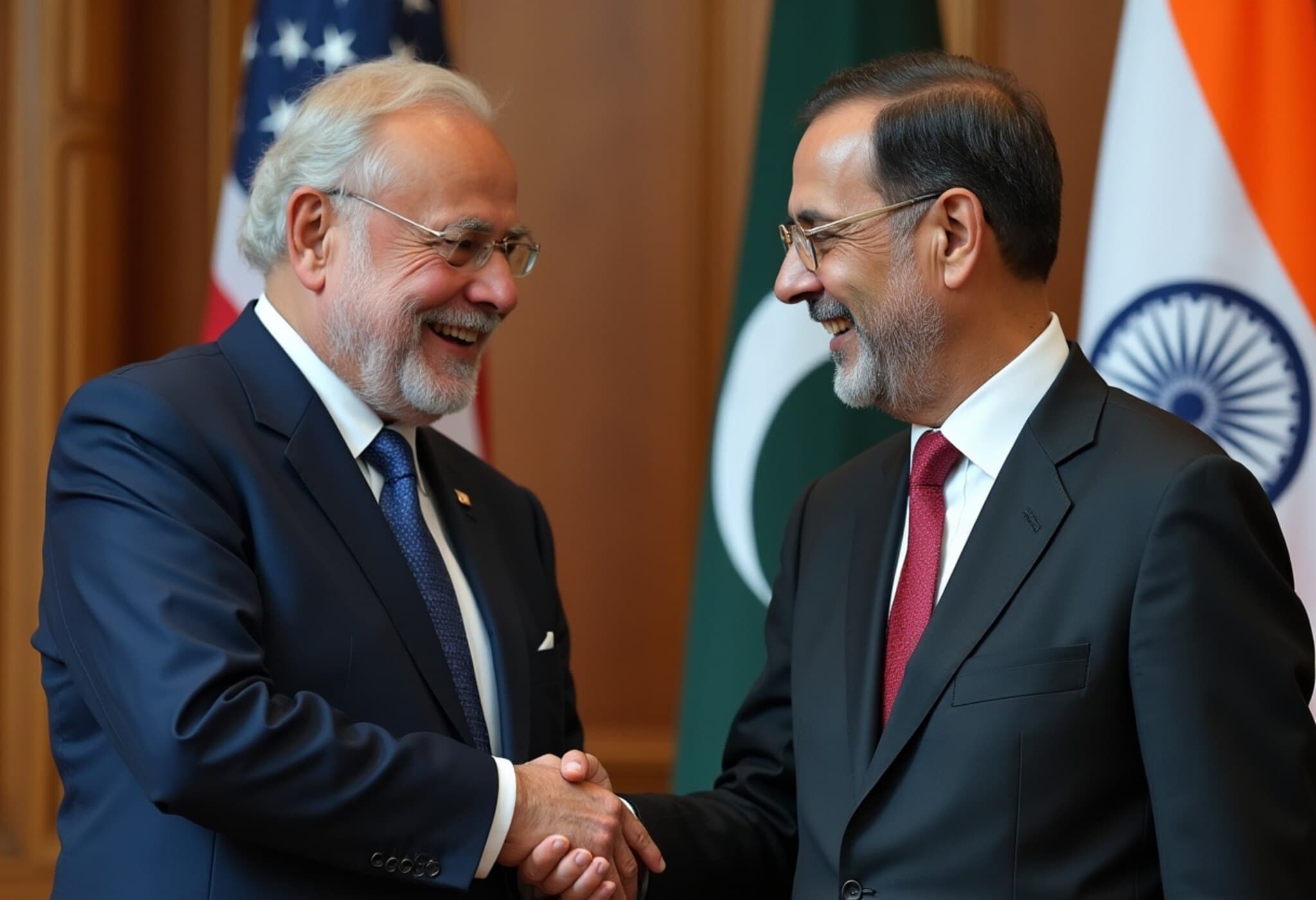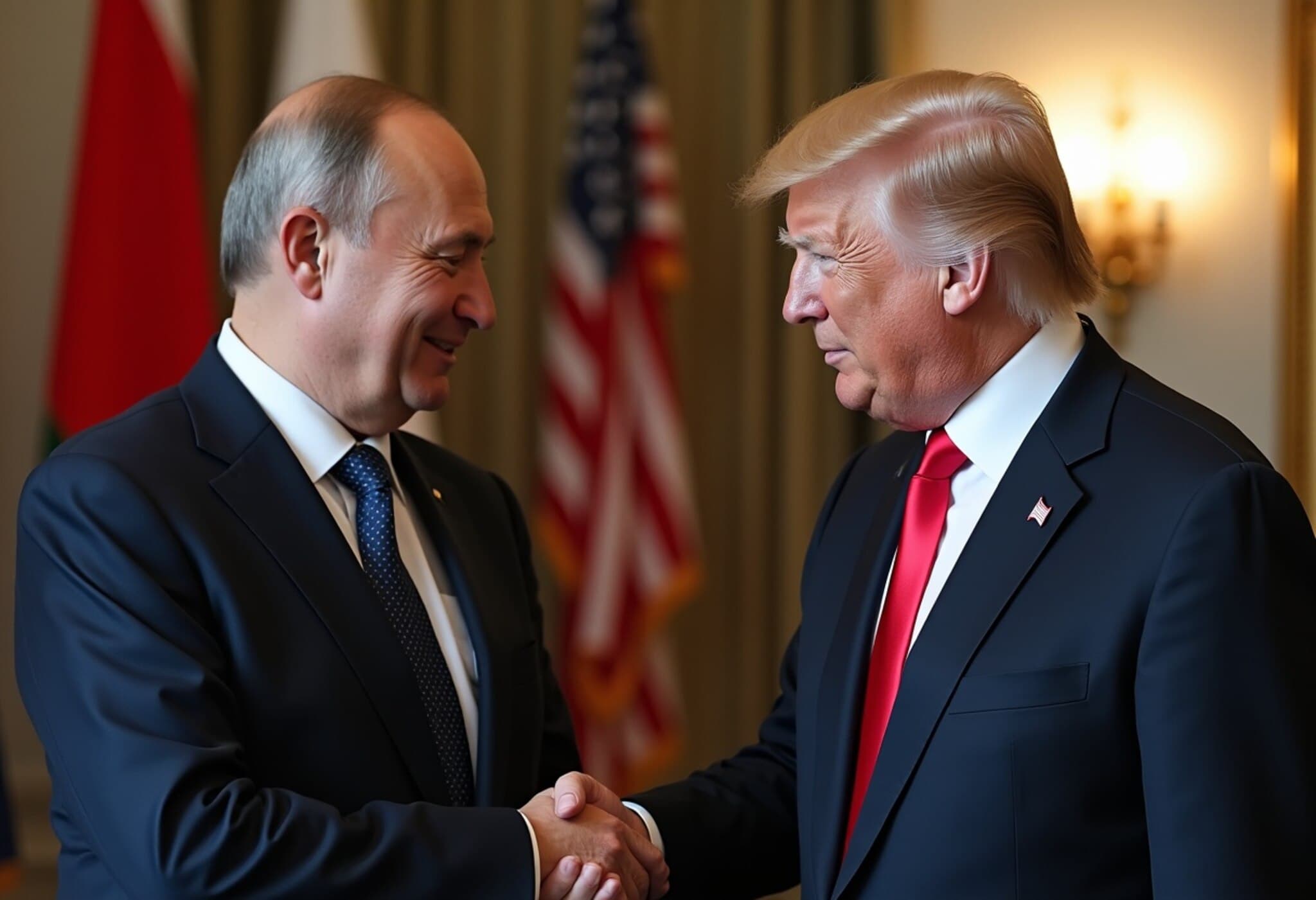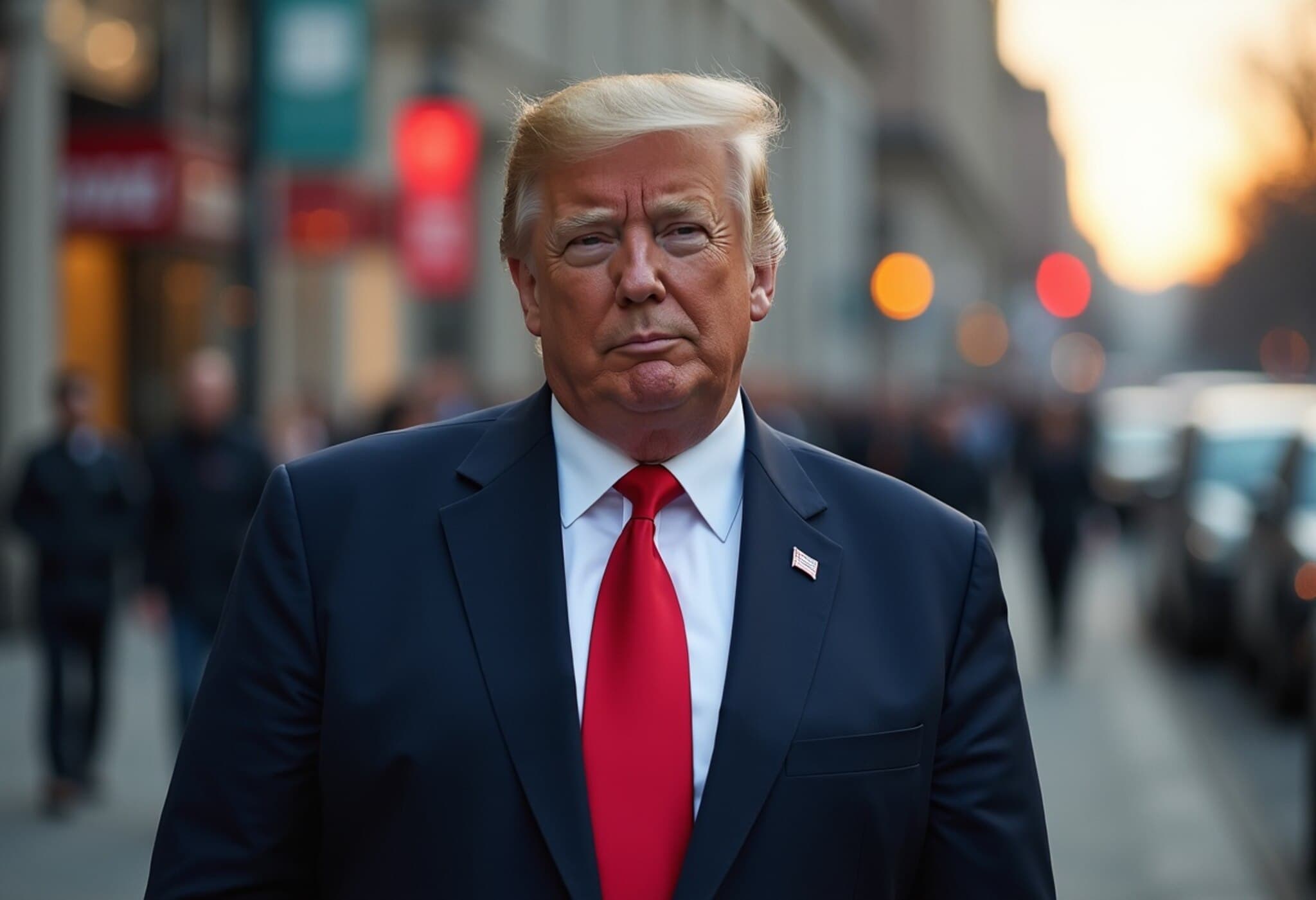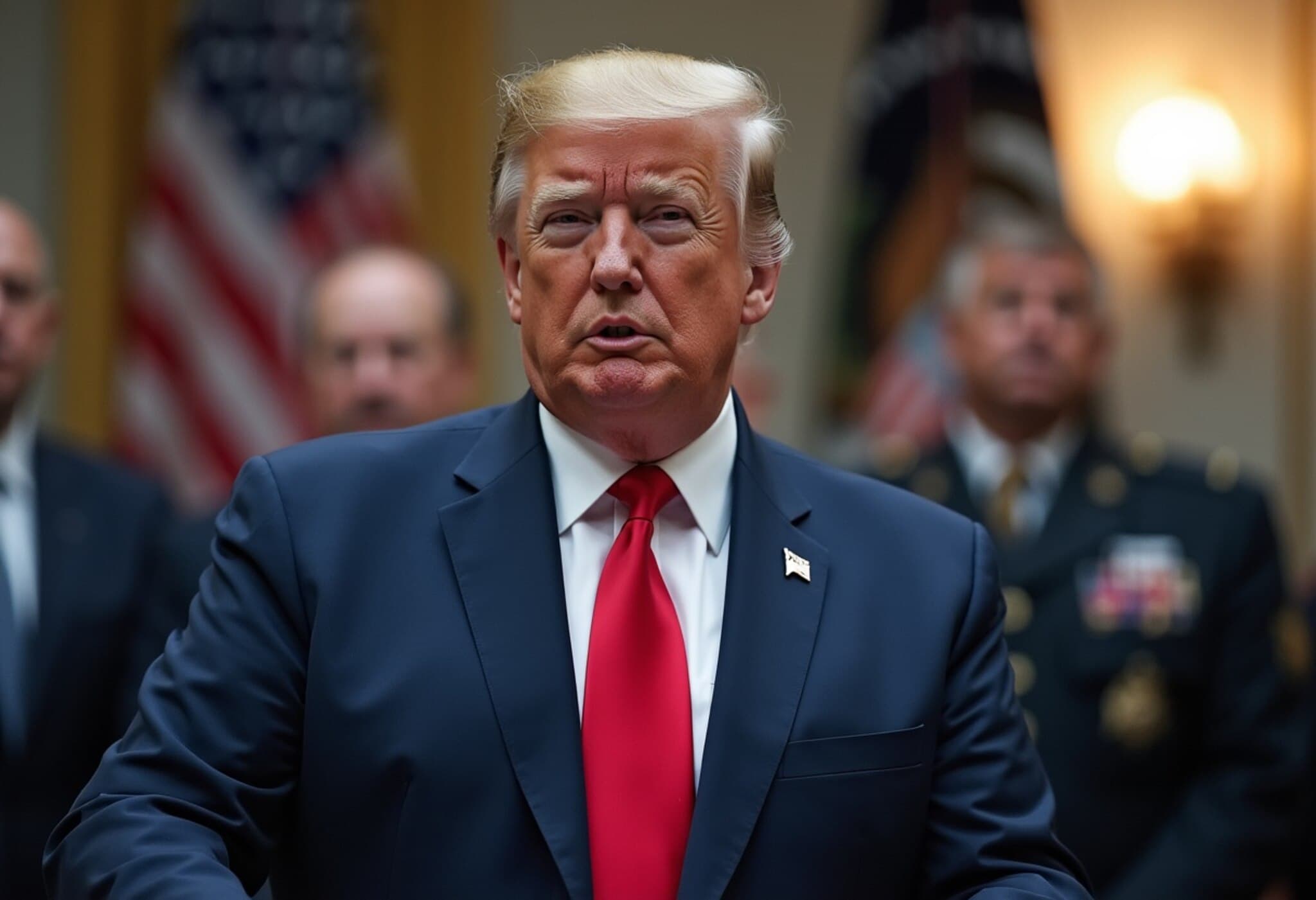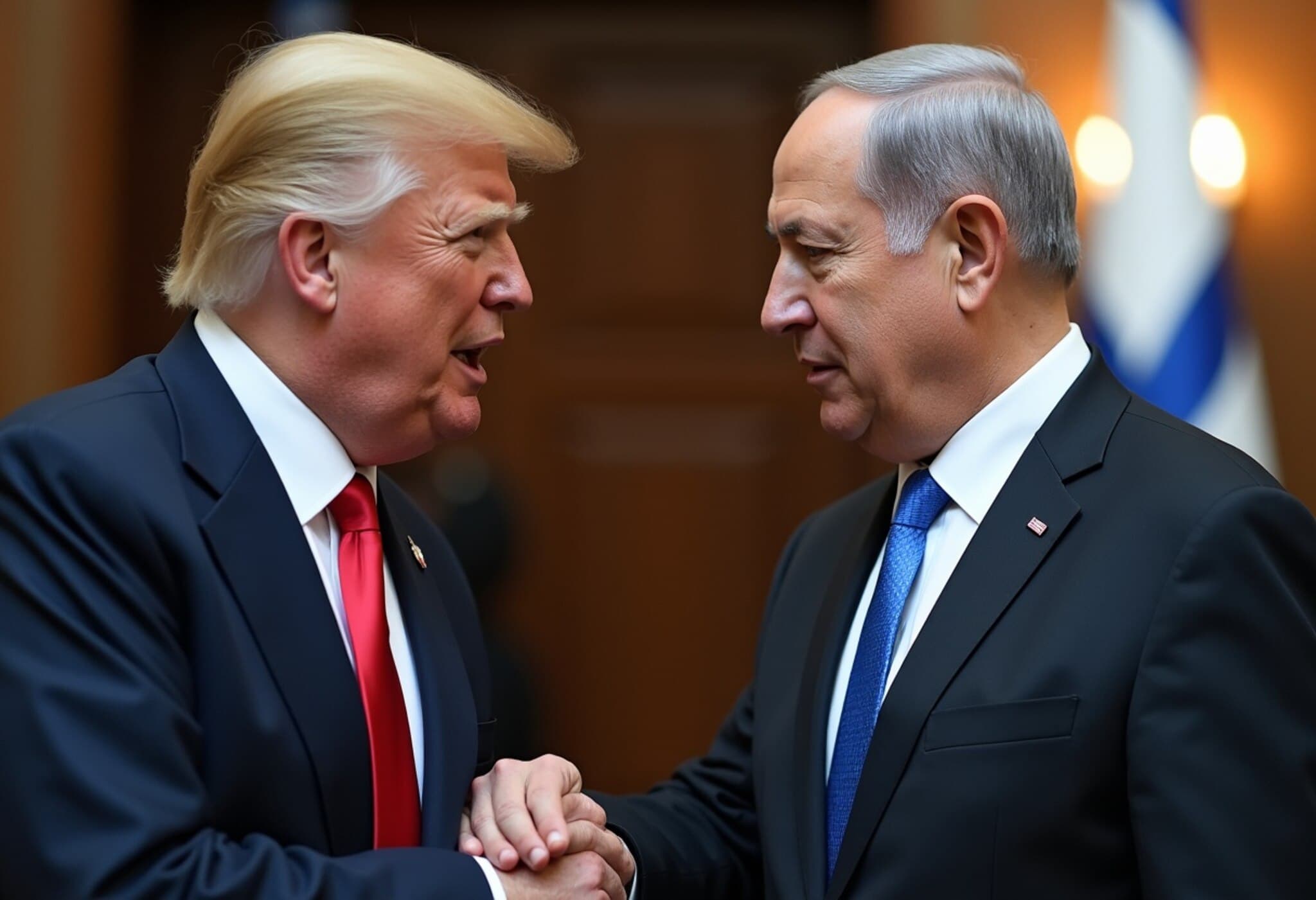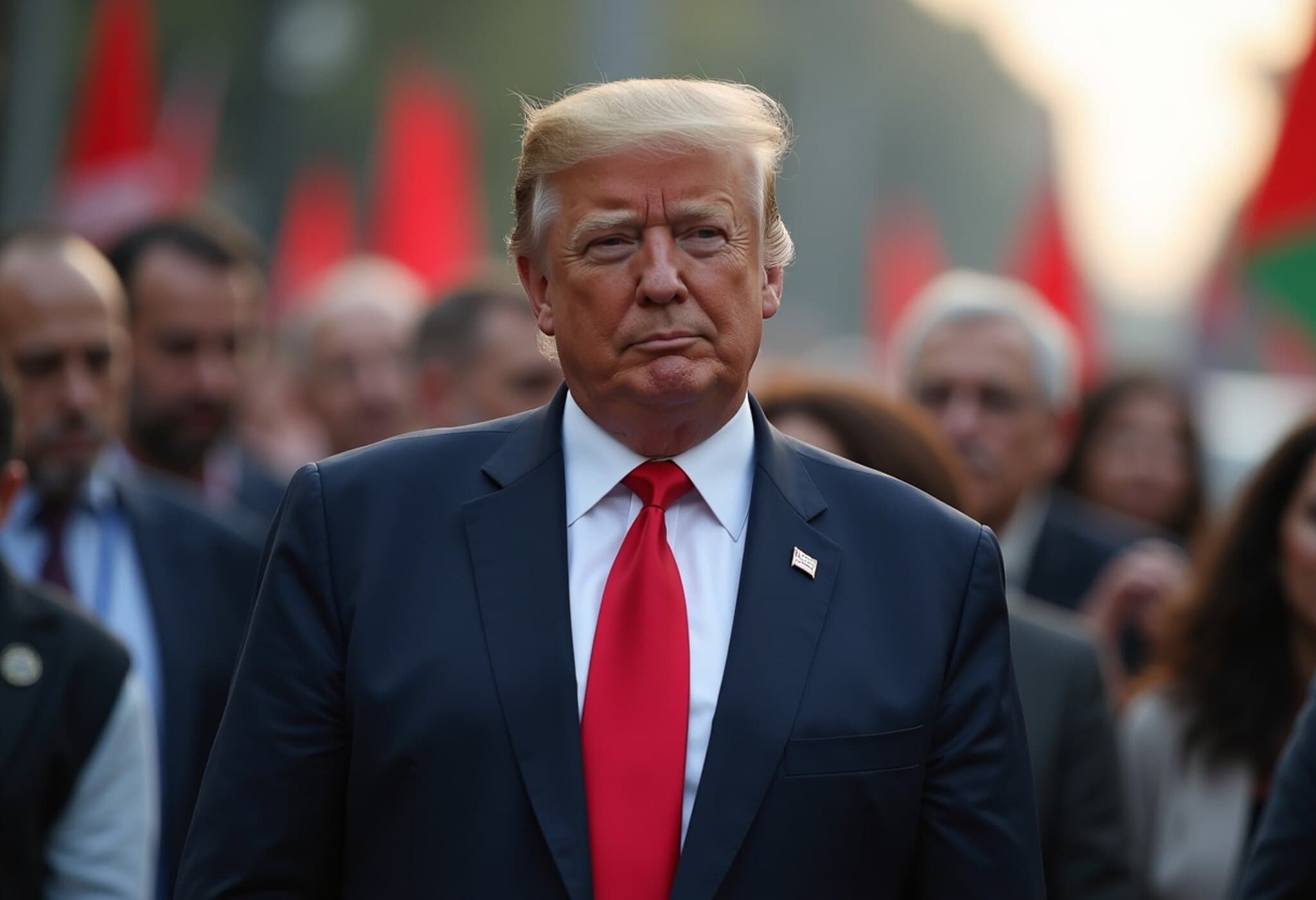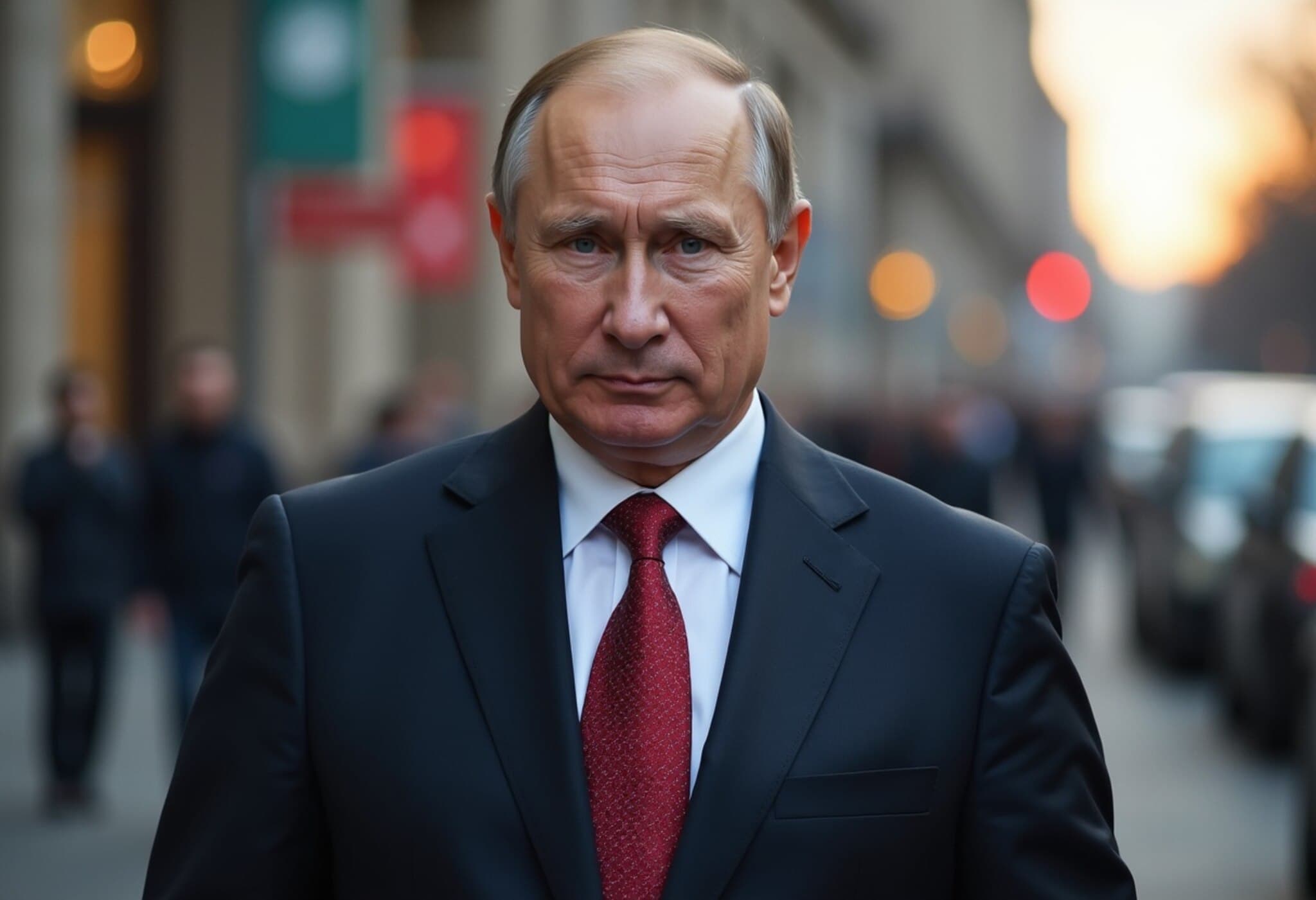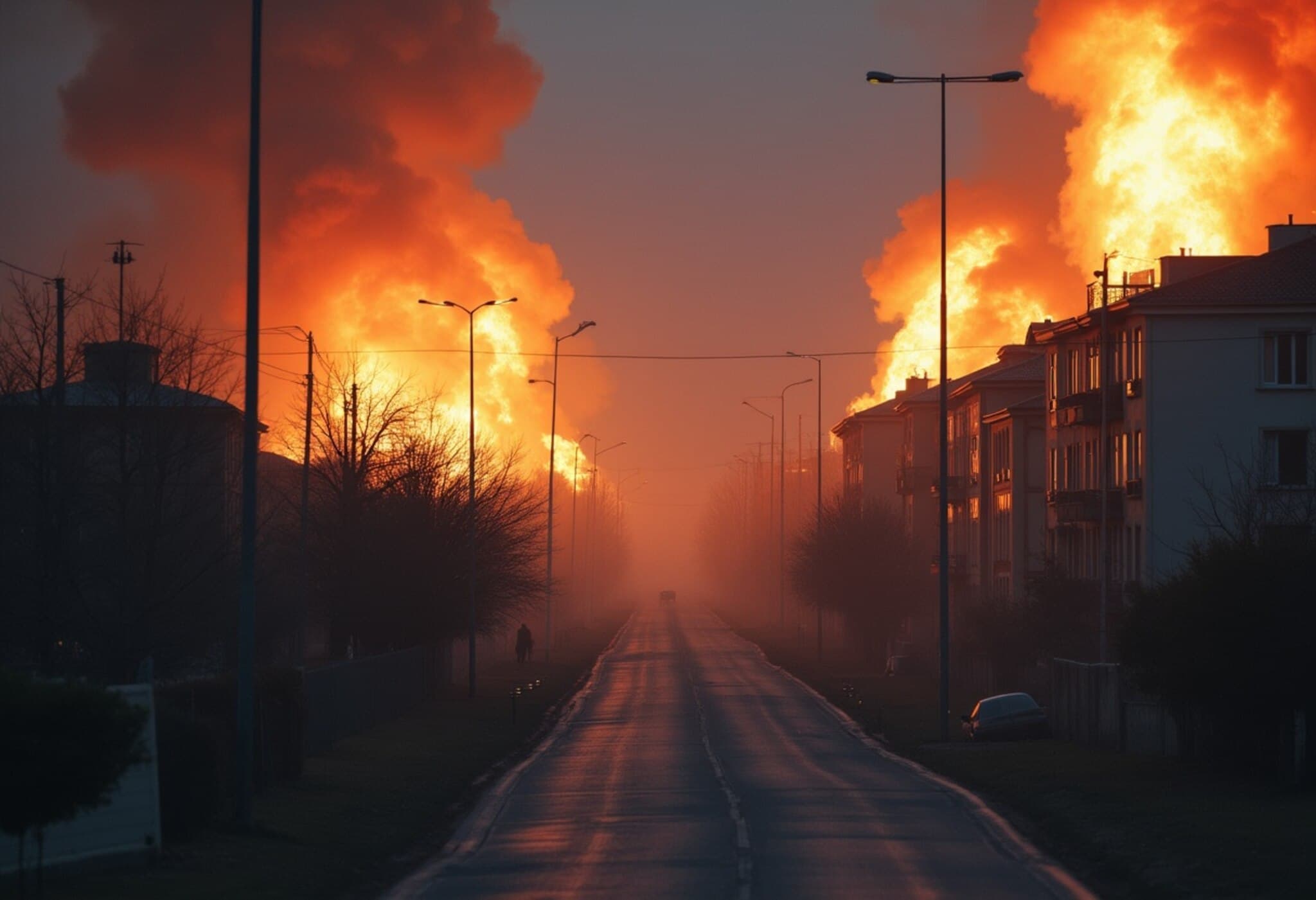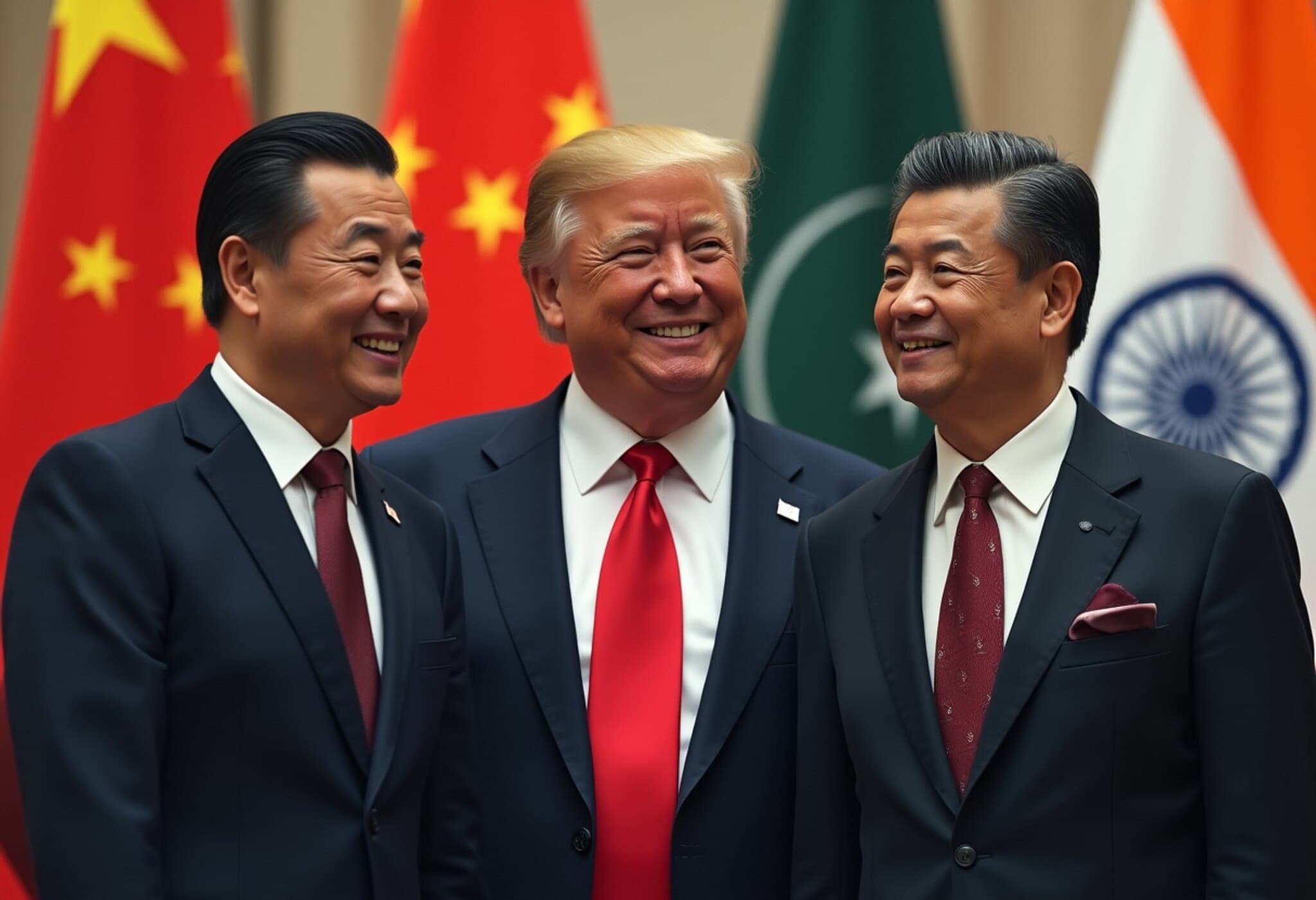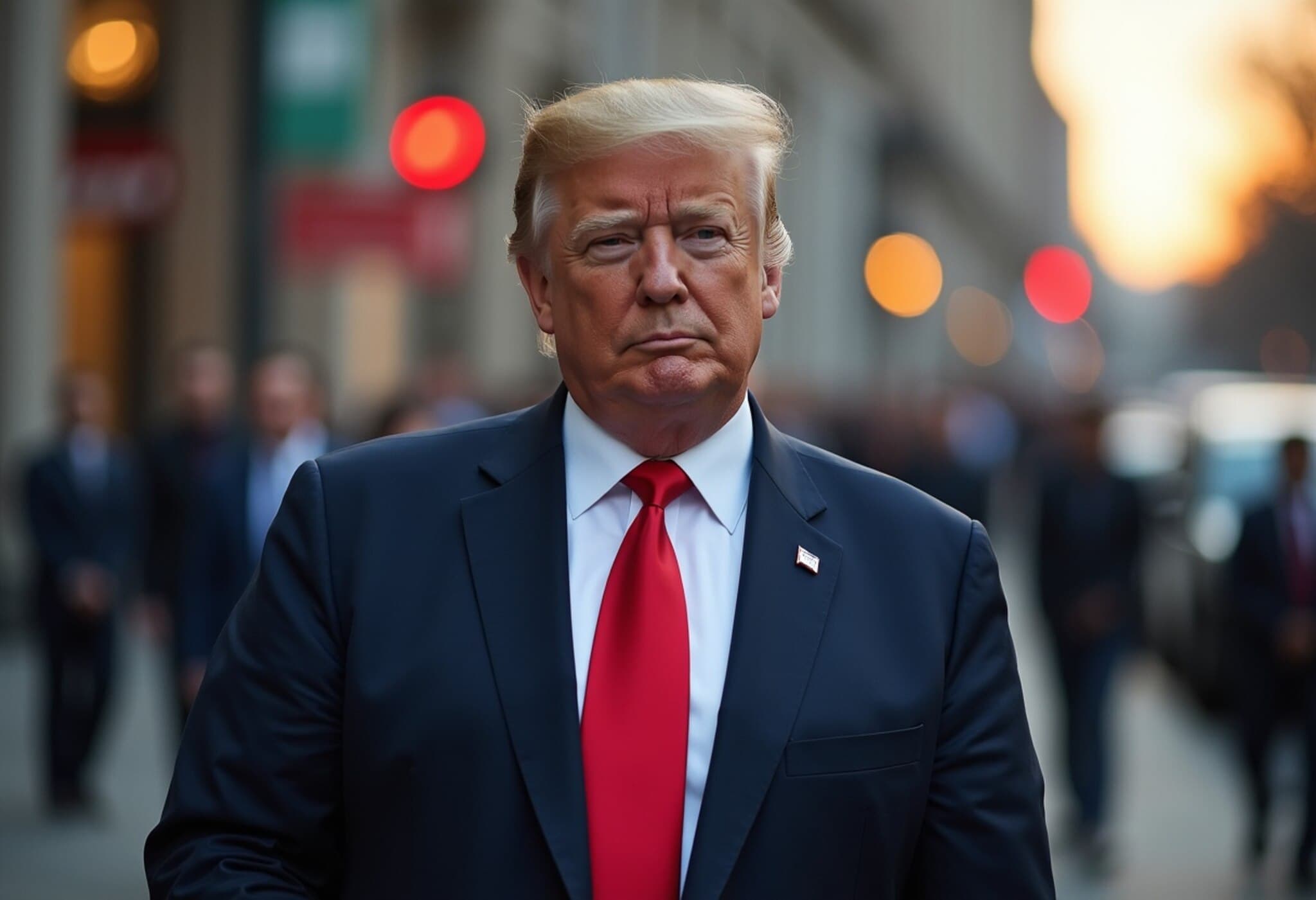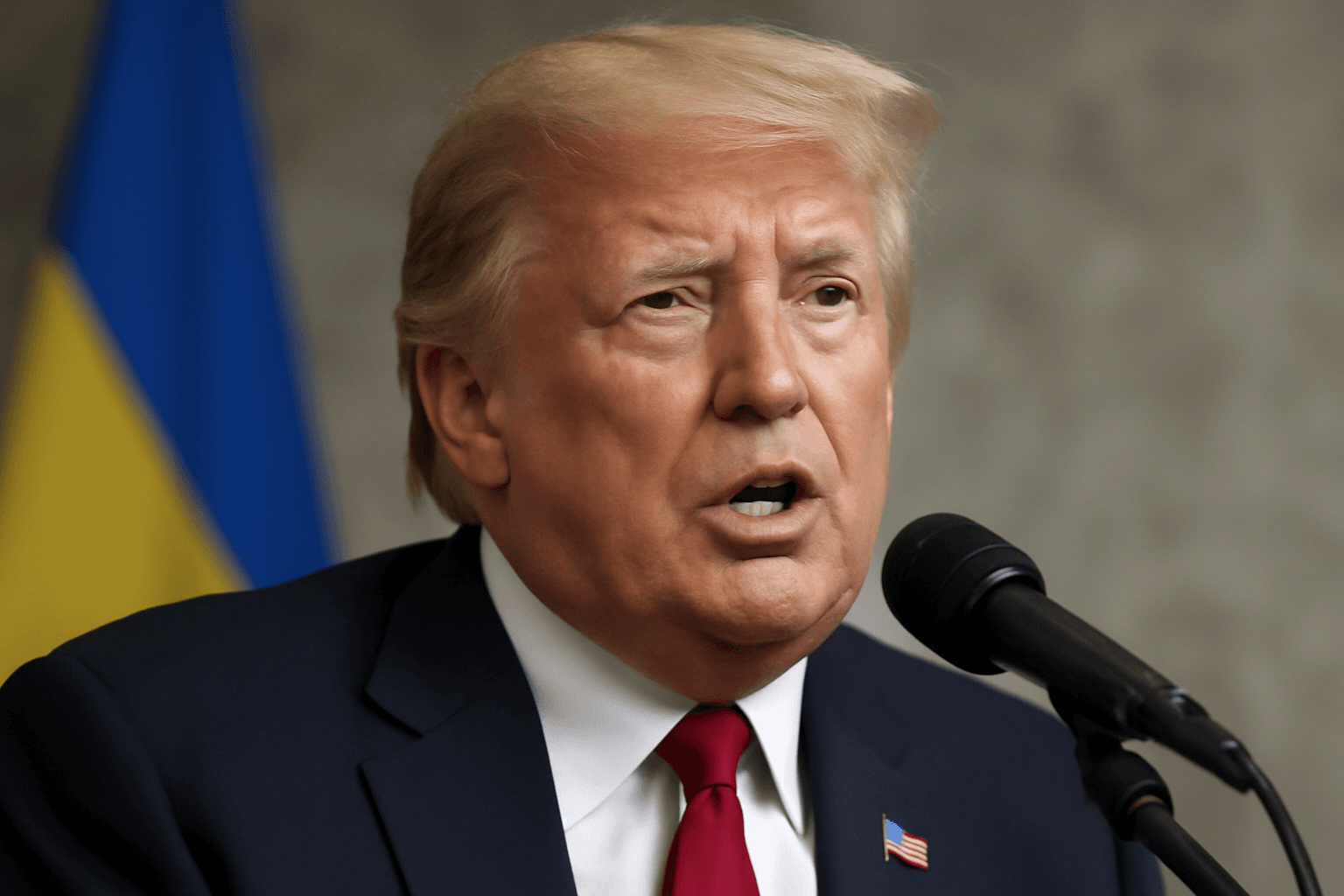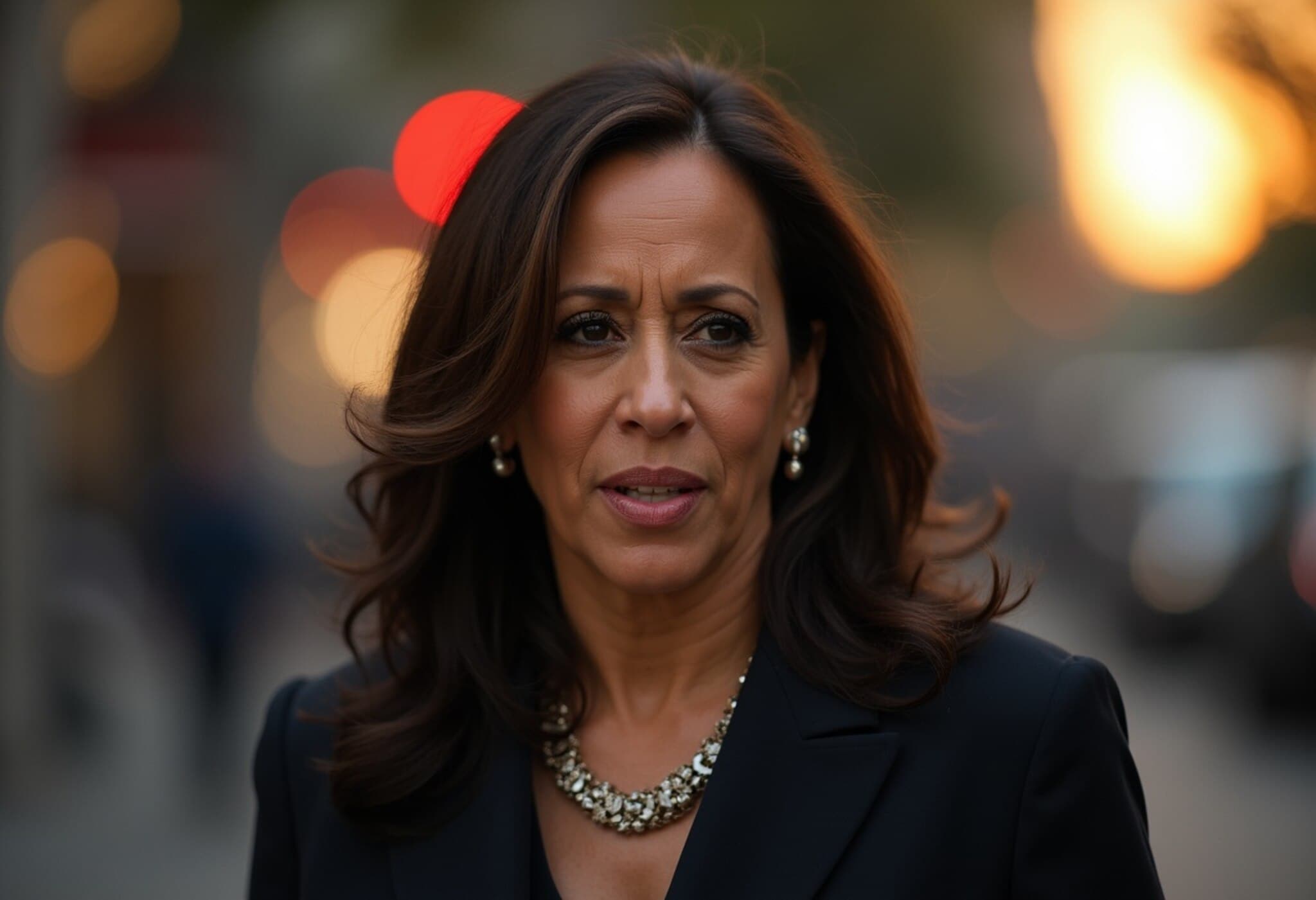Trump’s Frustration Mounts as Gaza and Ukraine Conflicts Escalate
Former President Donald Trump is confronting the harsh realities that personal rapport alone cannot resolve some of the world’s toughest crises. As international conflicts in Gaza and Ukraine intensify, Trump finds his direct diplomacy approach hitting significant roadblocks with key leaders — Israeli Prime Minister Benjamin Netanyahu and Russian President Vladimir Putin.
From Confidence to Disillusionment: A Diplomatic Turning Point
Once confident that his unique relationships with Netanyahu and Putin could swiftly broker peace, Trump now voices considerable disappointment. Speaking recently, he acknowledged, “I thought we would be able to negotiate something, and maybe that’ll still happen. But it’s very late down the process.” This sentiment underscores the limitations even a seasoned dealmaker faces amid deeply entrenched geopolitical conflicts.
Humanitarian Crisis in Gaza Amplifies Tensions
Trump’s dialogues with Netanyahu have notably soured as the humanitarian situation in Gaza grows dire. Images of malnourished children and bombed-out neighborhoods were reportedly shown to the former president at his Scotland residence, leaving him visibly shaken. “I think everybody, unless they’re pretty cold-hearted—or worse than that, nuts—there’s nothing you can say other than it’s terrible when you see the kids,” he expressed.
- Trump publicly questioned Netanyahu’s denial of starvation claims, highlighting discrepancies between official statements and televised images.
- Sources reveal Trump asked his team urgently, “What can we do to help right now?”, indicating a shift from detachment to proactive concern.
- First Lady Melania Trump was reportedly affected by the humanitarian footage, contributing to the administration’s heightened attention on Gaza.
The Limits of Personalized Diplomacy
Trump’s hallmark style of bypassing bureaucratic channels and engaging world leaders via informal texting and calls has shown significant cracks. While relationships with figures like Kim Jong Un once appeared promising, they have instead drifted into silence and stalemate, particularly regarding North Korea’s nuclear ambitions.
Similarly, in Europe, Trump’s patience with Putin has worn thin amid persistent Russian missile and drone strikes in Ukraine. After initially issuing a 50-day ultimatum for a ceasefire earlier this year, Trump has since shortened this demand to just 10 days, reflecting growing urgency and frustration.
Netanyahu’s Dual Role: Ally and Source of Discord
Earlier this year, Netanyahu presented Trump with a letter nominating him for a Nobel Peace Prize, reflecting their historically intertwined political journeys. However, Israeli military operations — including strikes on Gaza and a Catholic church in Syria — have strained their ties.
A White House insider described Netanyahu’s recent actions disparagingly, stating, “Bibi acted like a madman. He bombs everything all the time.”
Moreover, Trump’s dialogues with British Prime Minister Keir Starmer, urging pressure on Israel to facilitate humanitarian corridors, highlight international concern over civilian welfare. Although Israel announced humanitarian pauses and new aid routes, skepticism remains regarding their sufficiency.
Broader Implications for US Foreign Policy
This unfolding dynamic raises critical questions about the efficacy of personalized diplomacy in managing international crises with complex, multilateral dimensions. It also spotlights the humanitarian toll — especially on children — which can galvanize or complicate interstate relations.
Experts note: US policy has traditionally balanced national interests, strategic alliances, and human rights concerns. Trump’s challenges suggest that even experienced leaders are constrained when unilateral approaches meet entrenched geopolitical realities.
Editor’s Note
As the Gaza famine worsens and the Ukraine conflict endures, Trump’s struggles to convert personal ties into tangible peace efforts highlight the complexity of 21st-century diplomacy. The humanitarian crises not only trigger emotional responses but demand nuanced, multilateral engagement beyond individual relationships.
In the evolving chessboard of international politics, the US faces the test of recalibrating strategies that reconcile human suffering with diplomatic pragmatism. Readers are invited to consider: Can personalized diplomacy adapt to today’s intricate global conflicts, or do these episodes signify a broader need for renewed institutional approaches?

